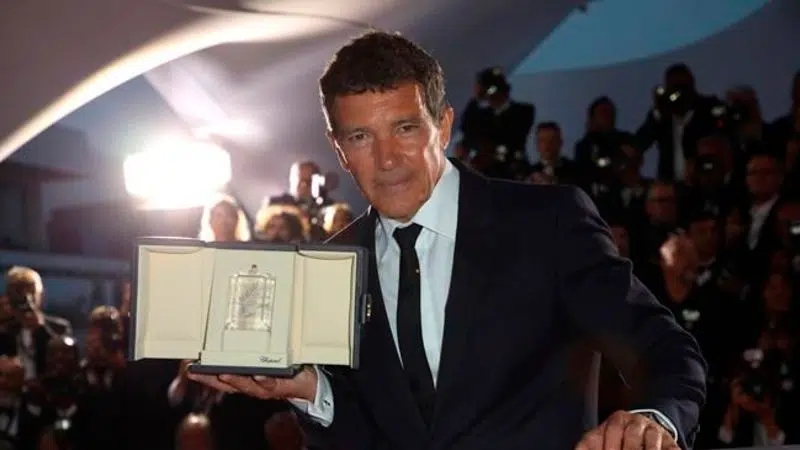
Bong d’Or: Korean director wins Cannes’ top prize
CANNES, France — South Korean director Bong Joon-ho’s raucous social satire “Parasite,” about a poor family of hustlers who find jobs with a wealthy family, won the Cannes Film Festival’s top award, the Palme d’Or, on Saturday.
The win for “Parasite” marks the first Korean film to ever win the Palme. In the festival’s closing ceremony, jury president Alejandro Inarritu said the choice had been “unanimous” for the nine-person jury.
The genre-mixing film, Bong’s seventh, had arguably been celebrated more than others at Cannes this year, hailed by critics as the best yet from the 49-year-old director of “Snowpiercer” and “Okja.”


